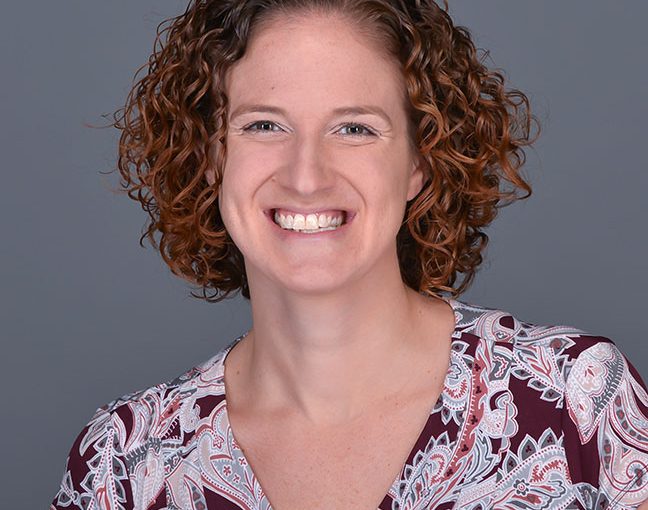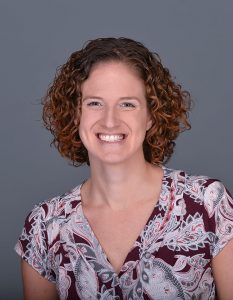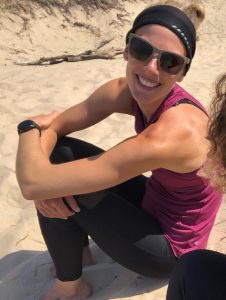 Meet Our Alumni: Rebekah Taylor ‘12
Meet Our Alumni: Rebekah Taylor ‘12
Rebekah Taylor ’12 graduated with a composite major in Religion and a minor in Women’s Studies.* Rebekah is a Health, Wellness, and Life Coach with experience working on the Pine Ridge Native American Reservation and Black Hills Works in South Dakota. Rebekah shares with us her formative experiences as a Hope student and the importance of Women’s Studies in developing critical thinking “outside the box.”
What are you doing now? What paths led you to this point?
I am a Health, Wellness, and Life Coach. I only recently decided to take on this path, and I am still building my own business with my current client load. It is difficult to choose one thing that led me here. But a big one has been my own motivation for my health and wellbeing. I have navigated an illness for the past few years and embracing it has truly enlightened me. I believe that our bodies are capable of amazing things if we nurture them and guide them.
I would also say that the years my husband and I spent out on the Pine Ridge Native American Reservation in South Dakota and with Black Hills Works in Rapid City, SD played a part in my decision to become a Health Coach.
Did you major/minor in WGS, and if so, how did your WGS major/minor/certificate shape you? If not, how did you come to WGS as an academic discipline?
I completed a minor in Women’s Studies. I decided to have Women’s Studies become a part of my composite major, Religion with a Social Justice concentration. What I appreciated the most about Women’s Studies was the varied curriculum that it introduced me to. Women’s Studies allowed me to explore more territory in academia and it helped prepare me for the impact I hoped to have in my communities.
What advice would you give to current WGS students or students considering WGS as a major or minor?
Travel. Experience the stories. Meet the women. One of my biggest regrets is that I did not get to experience the places we read about. I did not find the time to participate in community gatherings. Studying comes first, but experiences are what you carry with you throughout your life.
If you could teach any WGS course, what would you title it, who is one person you would include on the syllabus, and why?
During my first year at Hope, the 2008 election was going on, and I took an English class based only on each presidential debate. We wrote papers every week about what was being discussed and debated. The class allowed me to be 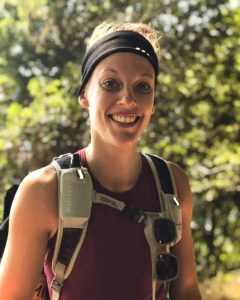 truly present to today’s reality.
truly present to today’s reality.
Something I would have enjoyed in my Women’s Studies coursework would have been a closer look at current women in politics and the steps that are being taken to break the barriers of current issues of inequality including, but not limited to, fair wages, the correctional system, and medical care.
If I could teach any class, it would be a class similar to this. I do not have a course title, but I would include Ruth Bader Ginsburg, Michelle Obama, Emma Gonzalez, Malala Yousafzai, and other young activists.
What is a WGS book you read–recently or not-so-recently–that you would call your “favorite”? Why?
There are so many books to choose from during my studies at Hope, but two of my favorites were Rita Mae Brown’s Rubyfruit Jungle (1973) and Nicholas Kristof and Sheryl WuDunn’s Half the Sky (2009). They both provided lessons worthy to carry on through my life, and they still reside in my home library.
*The Hope College Women’s and Gender Studies Program went under a formal name change from “Women’s Studies” to “Women’s and Gender Studies” in fall 2014.
Are you a WGS alum who would like to be featured on our blog? Email us! wgs AT hope DOT edu


 Meet Our Alumni: Dr. Vanessa Ann Claus
Meet Our Alumni: Dr. Vanessa Ann Claus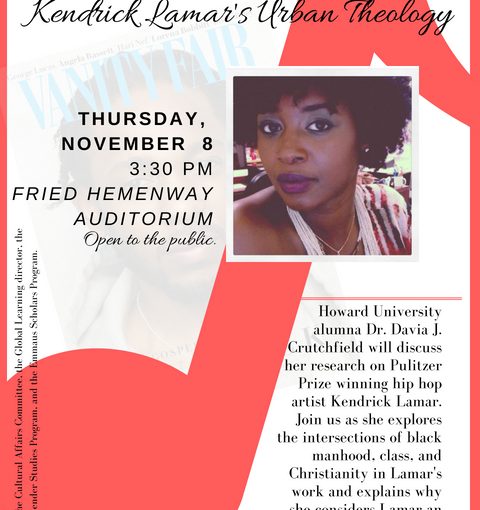
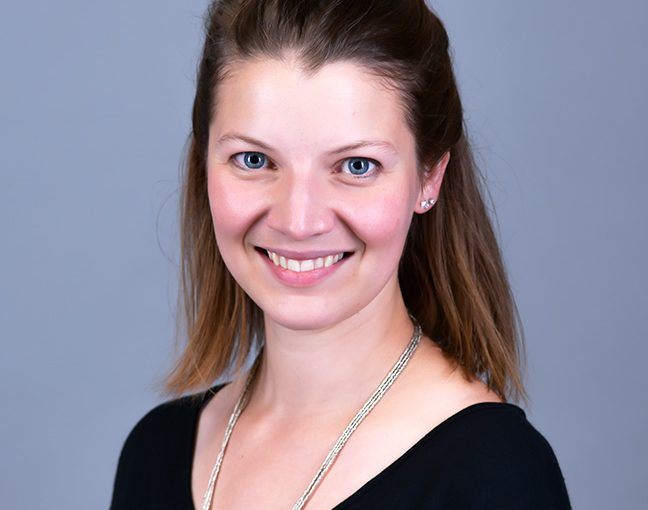
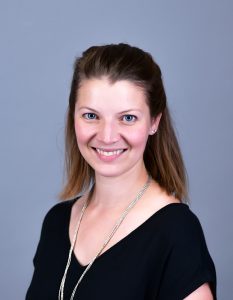 r teaching at Hope College.
r teaching at Hope College.